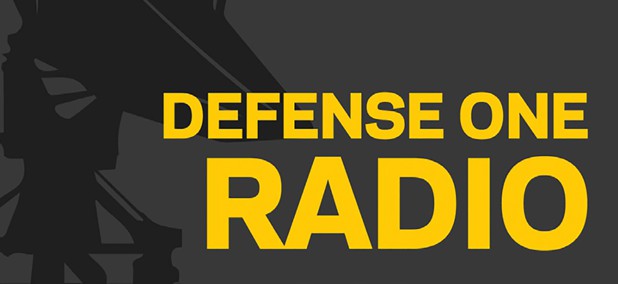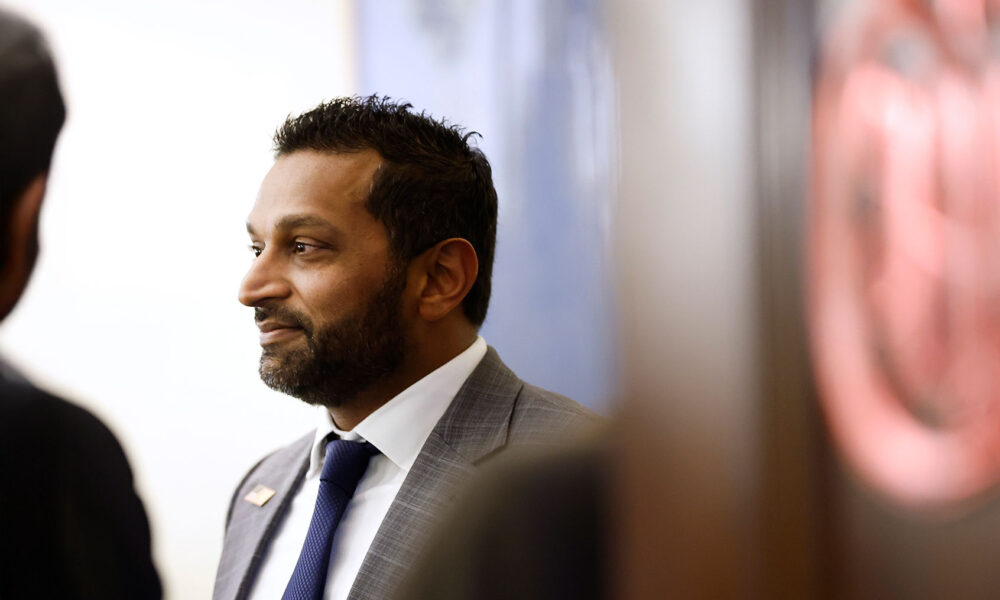In a recent episode of Defense One Radio, Jon Wolfsthal, the Director of Global Risk at the Federation of American Scientists, discussed pressing global security issues, particularly the evolving landscape of nuclear threats. The episode, labeled as Episode 198, delves into the complexities of modern geopolitics and the critical risks posed by nuclear proliferation.
Wolfsthal’s insights are especially relevant given the current geopolitical tensions that have heightened concerns about nuclear security. He emphasized that understanding these risks requires a comprehensive approach, integrating both scientific data and strategic analysis. This multifaceted perspective is essential for policymakers aiming to navigate the intricate web of international relations.
Key Themes of the Discussion
The conversation with Wolfsthal highlighted several key themes, including the importance of international cooperation in mitigating nuclear threats. He pointed out that collaboration among nations is vital to ensure stability and prevent escalation. “We are living in a house of dynamite,” Wolfsthal remarked, underscoring the precarious nature of global security today.
Additionally, Wolfsthal discussed the potential consequences of technological advancements on nuclear strategy. Emerging technologies, such as artificial intelligence and cyber capabilities, pose new challenges for traditional deterrence frameworks. He stressed that adapting to these changes is crucial for maintaining global peace and security.
The episode also examined historical precedents, drawing parallels between past conflicts and current tensions. Wolfsthal’s extensive background in arms control and nonproliferation provides him with a unique lens through which to analyze these issues.
Implications for Policy and Society
Wolfsthal’s commentary on the risks associated with nuclear weapons and their proliferation carries significant implications for policymakers. His call for proactive measures highlights the necessity for governments to prioritize diplomatic efforts and invest in international monitoring systems. These initiatives can help build trust and transparency among nations, reducing the likelihood of conflict.
Listeners are encouraged to engage with these critical topics, as understanding the dynamics of global risk is essential for informed citizenship. The episode serves as a reminder that the stakes are high, and collective action is vital for ensuring a safer world.
In conclusion, Jon Wolfsthal’s participation in Defense One Radio underscores the urgent need for dialogue and action regarding global security challenges. His insights provide valuable context for understanding the complexities of nuclear risk in today’s world, emphasizing the importance of collaboration and innovation in addressing these persistent threats.







